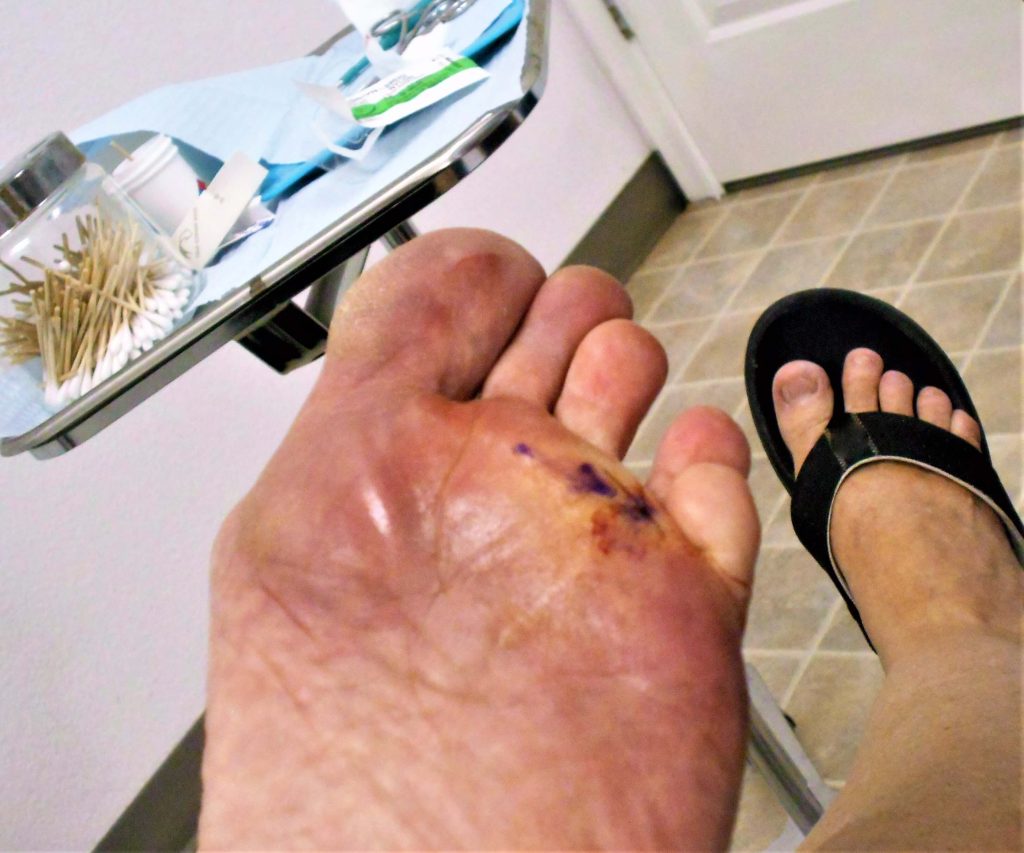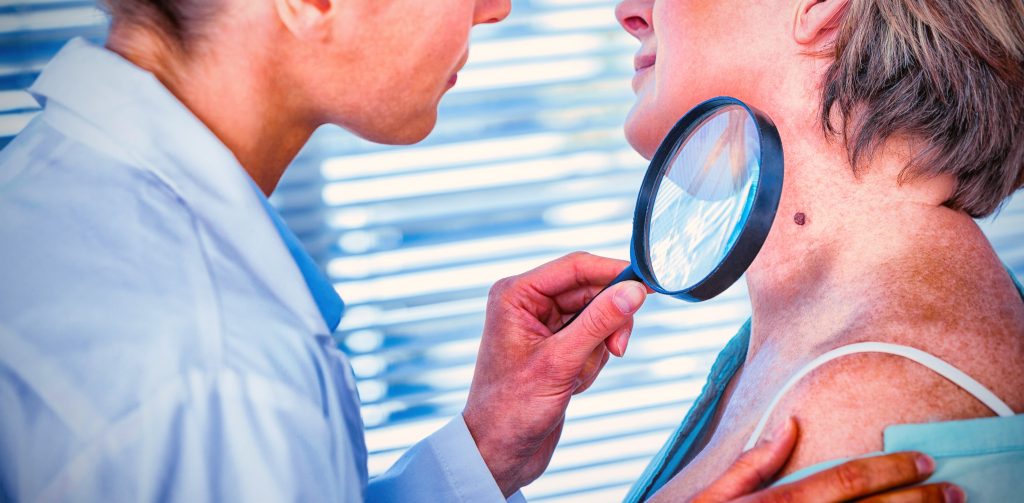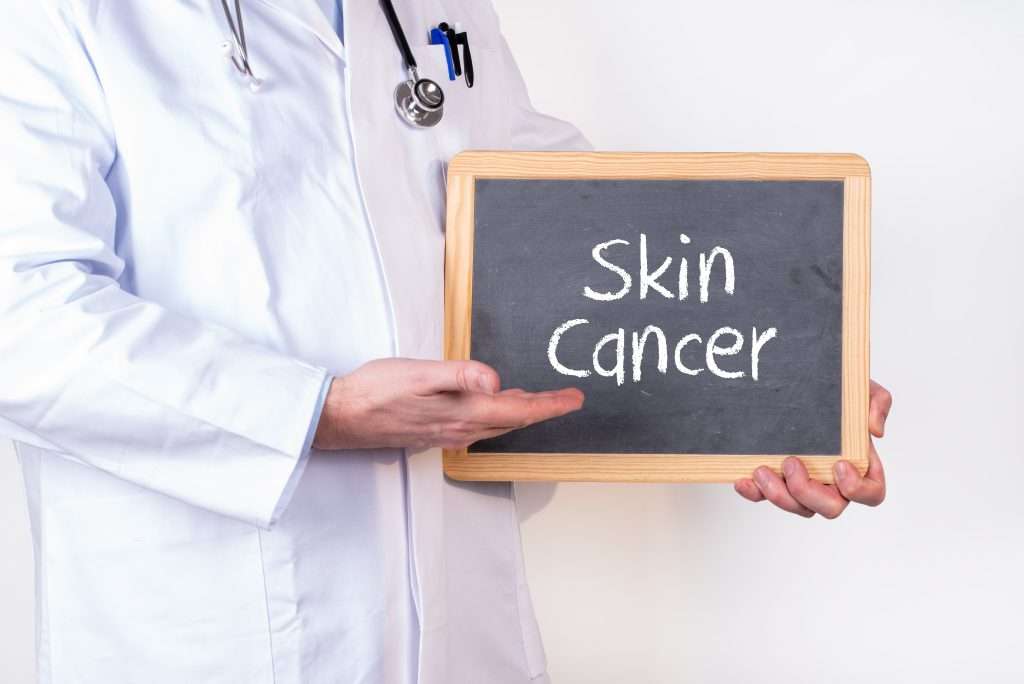Introduction
When it comes to skin cancer, there is a lot of misinformation out there. With the rise of social media and the internet, it’s easier than ever to come across false information. As someone who cares about their health, you want to ensure that the information you’re receiving is accurate and reliable. That’s why select the most correct statement concerning skin cancer is important. In this article, we’ll separate fact from fiction and debunk some common myths about skin cancer. So, let’s get started!
What is Skin Cancer?
First things first, let’s establish what exactly skin cancer is. Skin cancer is a type of cancer that develops in your skin cells. It is the most common form of cancer in the world, with 1 in 5 Americans developing skin cancer by the age of 70.
Skin cancer occurs when there is an abnormal growth of cells in your skin. This can be caused by damage to your skin’s DNA, often from exposure to ultraviolet (UV) radiation from the sun or tanning beds. Skin cancer may be classified into three primary types:
Melanoma, Squamous Cell Carcinoma, and Basal Cell Carcinoma. Basal and squamous cell carcinomas are less dangerous and more common, while melanoma is less common but more likely to spread to other body parts.

The Most Correct Statement Concerning Skin Cancer
So, what is the most correct statement concerning skin cancer? The accurate information is that skin cancer can affect anyone, regardless of their age, gender, or race.
While it’s true that certain factors such as fair skin, a history of sunburns, and family history may increase your risk of developing skin cancer, anyone can get it. This means that it’s essential for everyone to protect their skin and be aware of the signs of skin cancer.

Darker Skin Tones Don’t Get Skin Cancer
One common misconception about skin cancer is that only people with fair skin are at risk. This is not true. While it’s true that people with lighter skin tones have a higher risk, anyone can get skin cancer.
Those with darker skin tones may be at an even higher risk of developing a more dangerous type of skin cancer called melanoma. This is because the signs and symptoms may be harder to detect on darker skin, leading to a delayed diagnosis.
Tanning Beds are Safer than the Sun
Another common myth about skin cancer is that tanning beds are safer than natural sunlight. This is not true. Tanning beds emit UV radiation that can be even more damaging to your skin than the sun.
The Centers for Disease Control and Prevention (CDC) states that people who use tanning beds before the age of 35 increase their risk of melanoma by 75%. This is a staggering statistic and goes to show that there is no such thing as a safe tan.
Sunscreen is Harmful and Toxic
You may have heard claims that Sunscreen is harmful and toxic, but this is false. The truth is that Sunscreen is a crucial tool in protecting your skin from the damaging effects of the sun.
The American Academy of Dermatology (AAD) recommends using a broad-spectrum sunscreen with an SPF of 30 or higher to protect against UVA and UVB rays. They also suggest reapplying Sunscreen every 2 hours outdoors or more frequently if sweating or swimming.
When the Sky is Cloudy, You Don’t Need to Use Sunscreen
A common mistake is thinking that they don’t need sun protection on cloudy days. While it’s true that clouds can block some of the sun’s UV rays, they do not stop them all.
In fact, according to the Skin Cancer Foundation, up to 80% of the sun’s UV rays can pass through clouds. This means you should still protect your skin on cloudy days by wearing Sunscreen and seeking shade when possible.

FAQs
Q: Can I get skin cancer if I’ve never been sunburned?
A: While a history of sunburns can increase your risk, it is not the only factor that can cause skin cancer. Skin cancer may strike anybody, regardless of sun exposure.
Q: Is it essential to use sunscreen every single day?
A: It’s recommended to wear Sunscreen every day, even on cloudy days and during winter. UV rays can still penetrate through clouds and bounce off surfaces like snow and water, increasing your risk of sun damage.
Q: Do any early warning indicators of skin cancer?
A: Yes, keep an eye out for any changes in moles or other spots on your skin. If you notice a new place, a change in size, shape, or color of an existing site, or if it starts to itch, bleed, or become painful, you should see a dermatologist.
Q: Is skin cancer treatable?
A: When caught early, most types of skin cancer are highly treatable. This is why it’s important to protect your skin and regularly check for any changes or abnormalities.
Q: Are there any other ways to protect my skin from the sun besides wearing Sunscreen?
A: Yes, you can also seek shade during peak sun hours (10 am-4 pm), wear protective clothing such as hats and long-sleeved shirts, and avoid using tanning beds.
Conclusion
In conclusion, when it comes to skin cancer, it’s important to select the most correct statement: anyone can get it. Protecting your skin by wearing Sunscreen daily, seeking shade when possible, and avoiding tanning beds is crucial. With this information, you can make informed decisions about your skin health and help spread awareness to others. Always remember, when in doubt, consult a dermatologist for any concerns or changes in your skin. Stay sun-safe! End of the document.
As we have learned, skin cancer is a serious and prevalent form of cancer that can affect anyone. By staying informed and debunking common myths, we can all take steps towards protecting our skin and reducing our risk of developing skin cancer. Always prioritize your health and consult a healthcare professional with any concerns.







